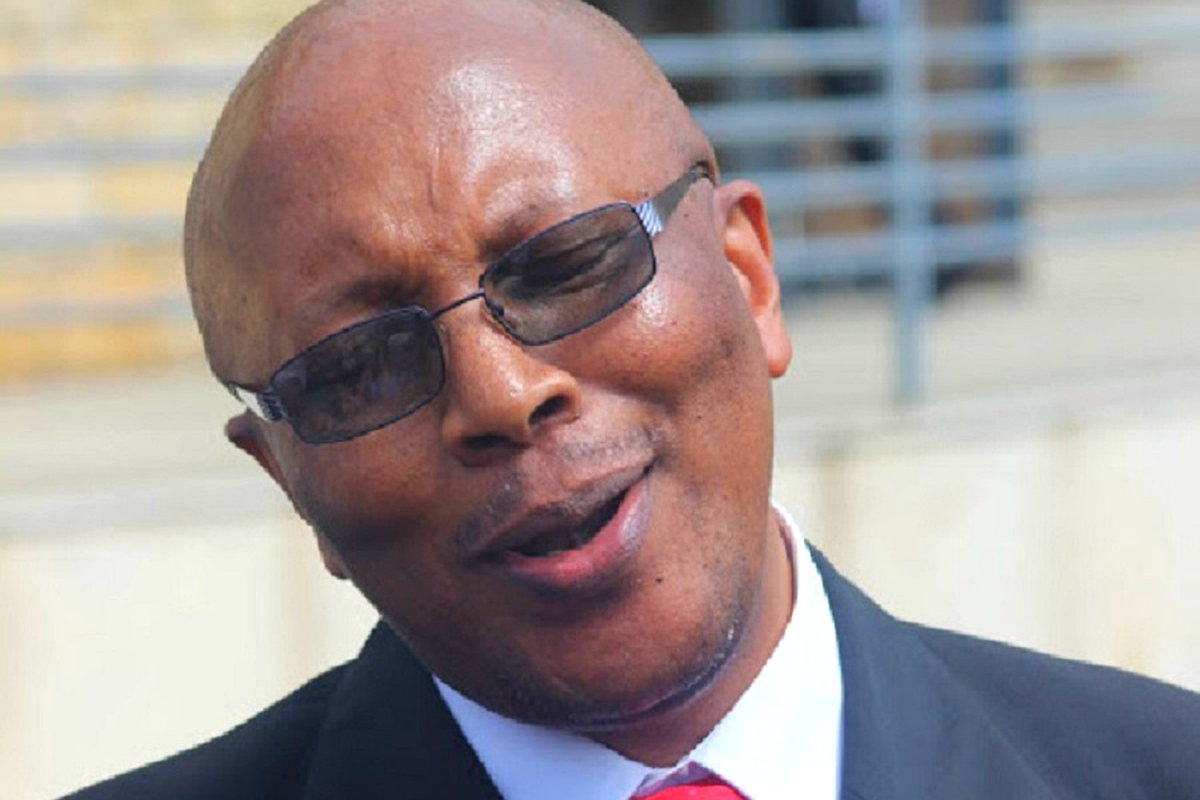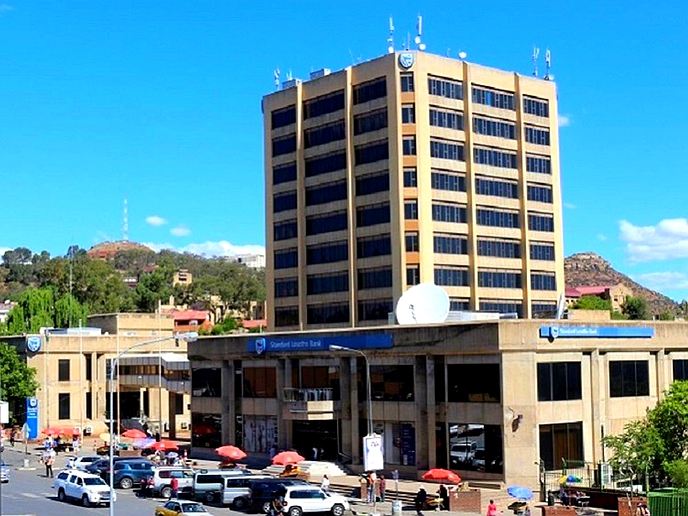THE level of poverty, currently at around 24 percent in Lesotho, coupled with more than half of the population living below poverty line, is expected to reduce significantly in the near future, with the mining industry projected to generate more jobs for the people.
business
Nov. 18, 2021
NEO SENOKO
3 min read
Small scale mining finally recognised

The Minister of Mining, Serialong Qoo
Story highlights
This, after the recent adoption of the Mines and Minerals (Amendment) Bill of 2021 by Parliament.
The Bill which, was referred to the Portfolio Committee on Natural Resources, Tourism and Land Cluster for consideration will allow government to work towards recognising and repositioning the Artisanal and Small- Scale Miners (ASM) sub sector in mining of precious stones in an attempt to alleviate poverty.
Artisanal mining means traditional and customary mining operations using traditional or customary ways and means. These include the activities of individuals using mostly rudimentary mining methods, manual and elementary tools to access mineral ore, usually available on surface or at shallow depths.
“It seeks to remedy the lacuna in the 2005 Act where artisanal or small-scale miners of precious stones had no recognition, were not licensed and or permitted to mine. The Bill seeks to include them and will further enable the ASM sub-sector to fulfill its potential for alleviating poverty and contributing to development, particularly in rural areas,” the report presented by the committee says.
All miners who were excluded in the granting of diamonds for mineral permits in the Mines and Mineral Act 2005 are expected to benefit.
The Ministry of Mining will support the ASM sub sector to have their own fund, which will help them grow into a mining company. They will also be able to purchase the necessary equipment for such a mine.
When the desired capacity has been achieved, the ministry will amend their permits from small scale mining to those of mining companies.
The ministry will also decentralise the issuance of permits meaning that miners will not have to travel to Maseru to obtain permits.
Miners will further be assisted in areas of feasibility studies as well as ensuring safety.
“It is going to be the responsibility of the Government through the Ministry of Mining to ensure the safety of miners including other areas such as feasibility studies and many other things,” the Public Relations Officer in the Ministry of Mining, ’Makananelo Motseko said in brief interview with Metro on Wednesday.
According to the report, members of the public also welcomed the Parliament’s initiatives to include them in the enactment of the mining laws.
They were enthusiastic about the Bill in that they will not have to queue for jobs anymore while some will now be self-employed.
However, despite the positives about the Bill, the public raised concerns that a certain percentage of sales from the amnesty diamonds should be returned to the communities where the diamonds were discovered. This, they say will improve their livelihoods.
Another concern was that the Ministry of Mining should organise markets and take responsibility of the sales of the diamonds on their behalf and that the diamond amnesty should also be included in the Bill.
Lesotho is not the only country in the SADC region that is making strides towards formalisation and recognition of artisanal and small scale mining.
Earlier this year, South Africa released the draft policy on the issue through its Ministry of Mineral Resources and Energy.
Enjoy our daily newsletter from today
Access exclusive newsletters, along with previews of new media releases.
The South African Government said one of the reasons for recognition was to encourage participation of historically disadvantaged persons and address other challenges facing the sector.
The neighboring country clearly stated that illegal mining has a range of negative social and financial impacts on employees, companies, the mining sector and the country due to loss of revenue, taxes, employment opportunities, capital expenditure, exports, foreign exchange earnings and procurement among others.
It also presents a serious risk to the sustainability of the industry and its ability to contribute to a meaningful future for the people.
Botswana is, however still lagging behind, with the country’s Mines and Minerals Act Section 52(1) stating that anyone willing to conduct small scale mining operations may apply for any mineral other than diamonds over an area not exceeding 0.5km2 per permit.
This, according to experts does not make good business sense because it means even if a person finds a small diamond mine, they still have to go through all the requirements for minerals permit.
Tailored for you






